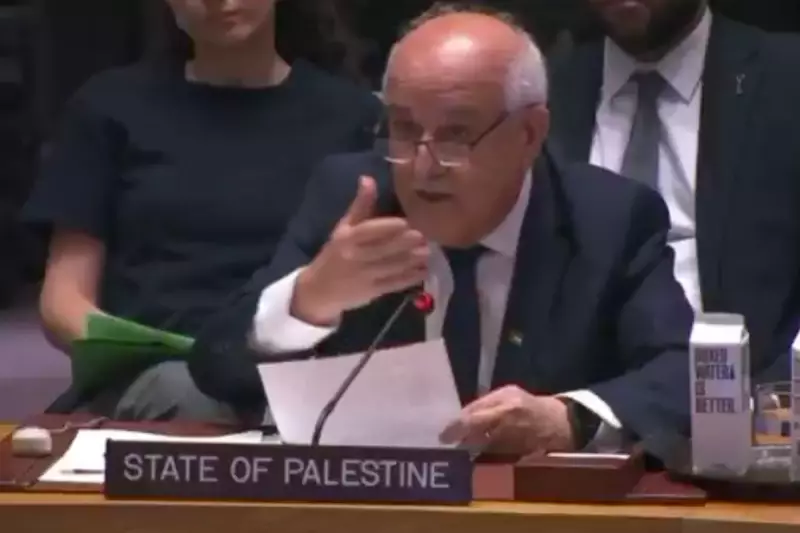
The United Nations Security Council has delivered a damning verdict on the catastrophic hunger crisis unfolding in Gaza, branding it a entirely man-made famine that could have been prevented. In a powerful statement, the Council accused Israel of employing starvation as a method of warfare, creating what one official called a stain on our collective conscience.
A Preventable Catastrophe
Despite clear warnings from aid agencies and humanitarian organisations, the situation in Gaza has deteriorated into one of the worst hunger crises of modern times. The Council's resolution marks a significant shift in diplomatic language, moving from concern to outright condemnation of the blockade and restrictions that have prevented life-saving aid from reaching civilians.
Starvation as a Weapon of War
The resolution explicitly states that starvation of civilians as a method of warfare is prohibited under international law. This strong wording directly challenges Israel's justification for limiting aid access through security concerns, suggesting these actions may constitute war crimes.
The Human Cost
On the ground, the reality is devastating. Families are surviving on less than a meal a day, children are showing signs of severe malnutrition, and aid trucks sit idle at border crossings while people starve just miles away. Medical facilities report increasing numbers of starvation-related deaths, particularly among the most vulnerable—children, elderly, and those with chronic illnesses.
International Response and Responsibility
The resolution calls for immediate and unimpeded delivery of humanitarian assistance throughout Gaza. It urges all parties to respect international humanitarian law and ensure the safety of humanitarian personnel. The international community faces mounting pressure to move beyond statements and take concrete action to enforce the delivery of aid.
A Test for Global Governance
This crisis represents a critical test for the UN system and international law. If the Security Council cannot ensure compliance with its own resolutions and basic humanitarian principles, it risks undermining its credibility and the entire framework of international human rights protection. The world watches as diplomats debate while children starve in what the UN calls a preventable, man-made catastrophe.





